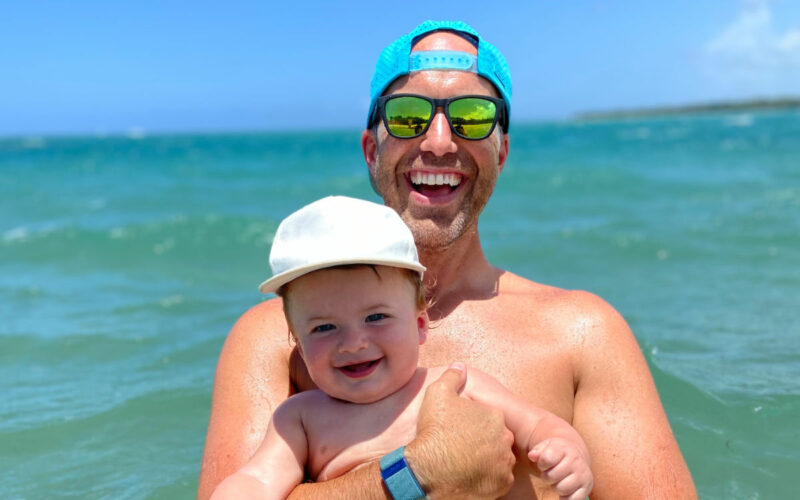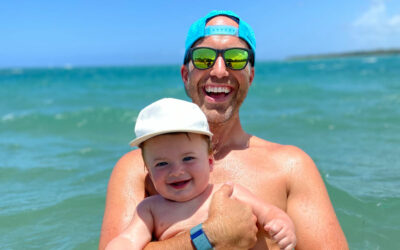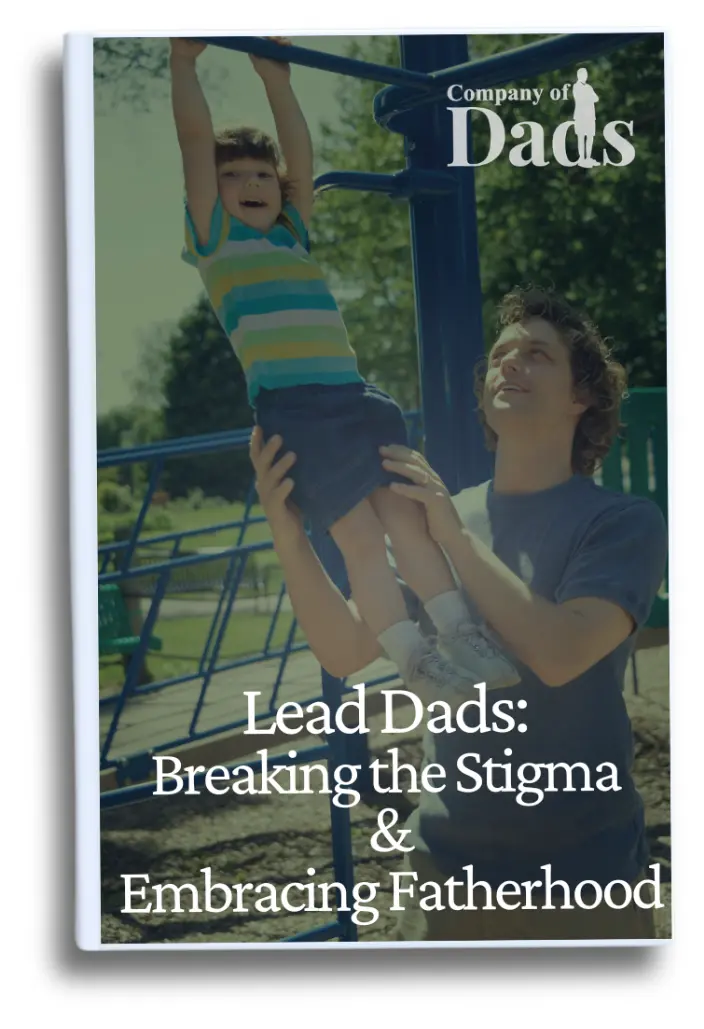Men’s mental health is much talked about except by the people struggling with it the most: men.
I’m seeing it in The Company of Dads’ private Facebook Group where the toughest conversations I’m having are one on one. I hear it when I play golf with men who will open up when it’s just the two of us but are reticent in a group. Are men putting things out there to crowdsource solutions for their struggles? Not so much.
We all have our struggles, and it’s better to get them out there now while they’re still manageable. I see the supportive work that other groups, like Fathering Together are doing, and it’s commendable. But by the time many men get to talking about what’s going on there, they’re in crisis – divorced, drinking, struggling with their kids.
I started The Company of Dads eight months ago to focus on the positive side of being a Lead Dad in a world where that role isn’t entirely accepted. But it’s hard to ignore the mental health needs of some of our members who are grappling with taking on a role that is still little understood and not always accepted. Oh for the love of God, not another Mr. Mom joke!
I spoke this week with two men who are thinking deeply about men’s mental health.
Andrew Jensen was on the pod and his honesty is something that has made me a better man. Andrew tried to commit suicide three times. “It took me trying to kill myself before my father came to my rescue,” Andrew said.
His father was a club pro at a golf club in Canada, while Andrew nearly made it to the PGA Tour. He felt the pressure on him to perform was immense. “My father said everything you do here reflects on me,” Andrew recalled. “It makes sense. But it’s too much of a mantel to put on a 12-year-old kid.”
Now 38 and a decade removed from his third suicide attempt, Andrew’s in a better place. He’s the Lead Dad to his wife Kelli and son Jude. And his willingness to be so open about his own mental health struggles is helping others.
For every man struggling with his role in life, he has one piece of advice: YOU’RE NOT ALONE.
“That’s the problem with these things – they tend to isolate you,” he said. “You think I’m alone. No one wants to hear this. To know that you’re not alone, that someone else is experiencing the exact same thing, that’s powerful. It’s even more powerful when we talk about things.”
He added, “I’m lucky that my past is public. I have a lot of people who lay it on me. But if it helps healing it’s okay.”









